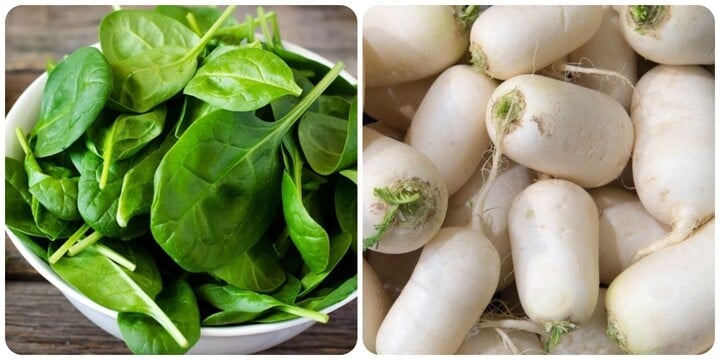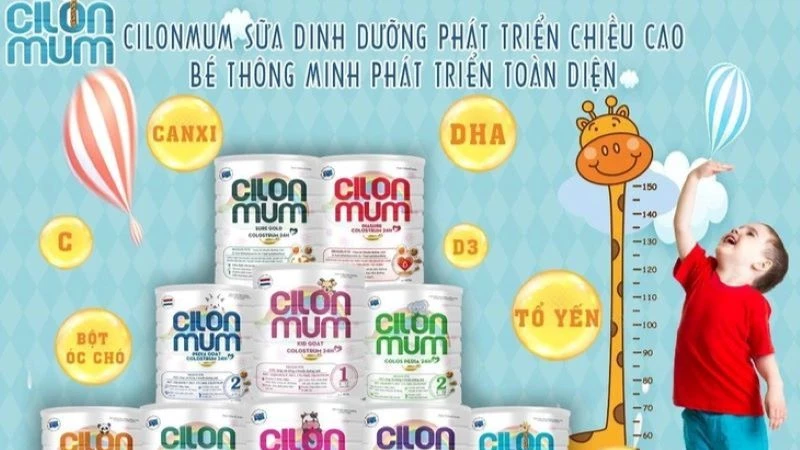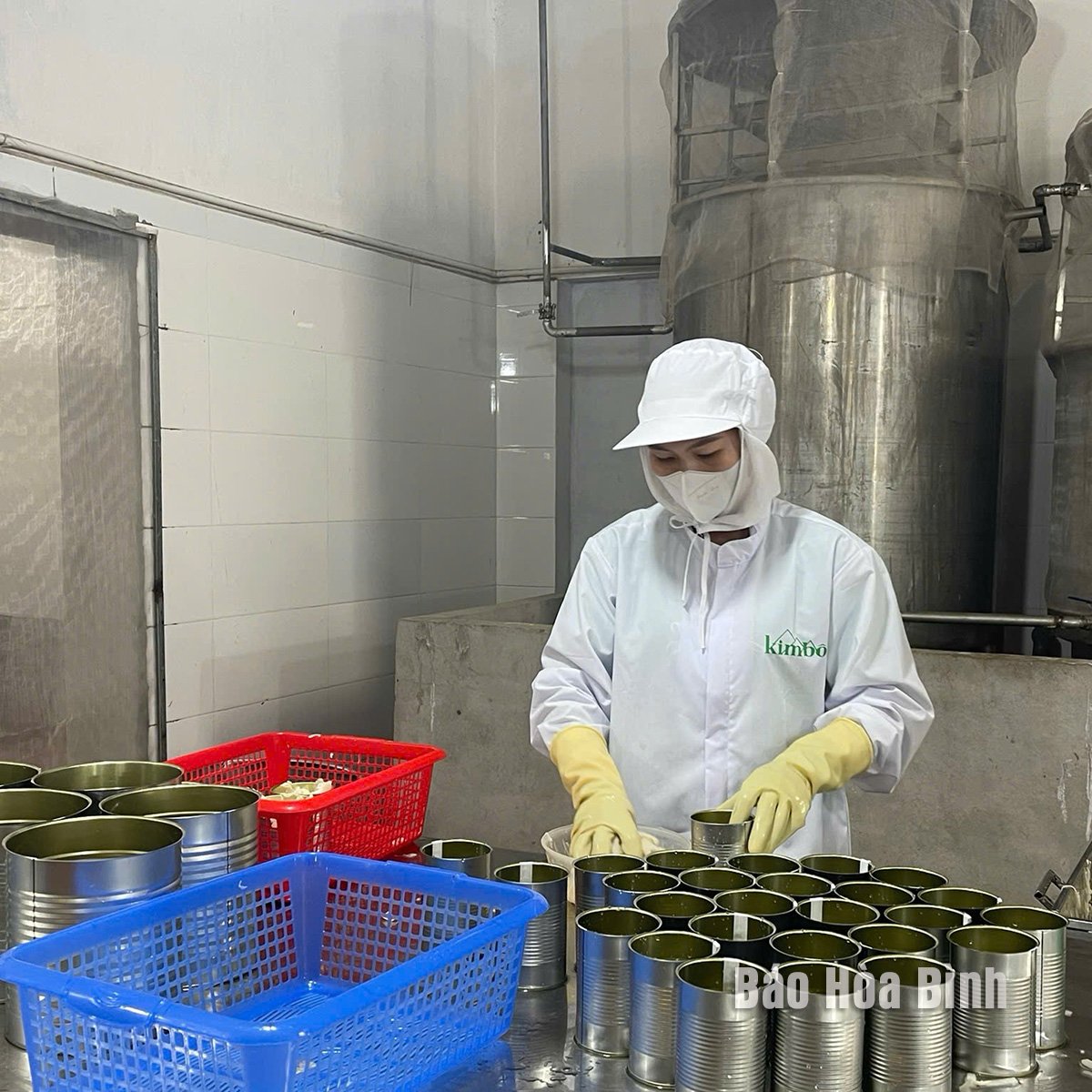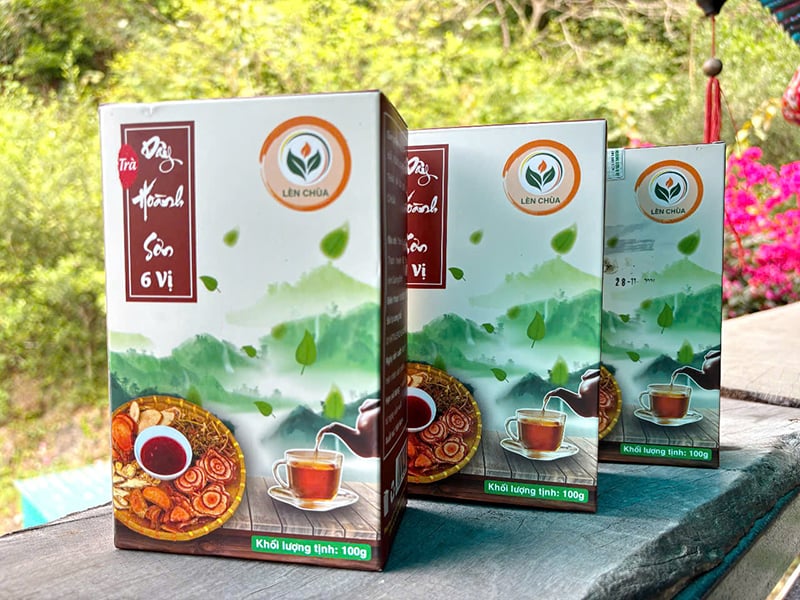Spinach
According to the Health & Life newspaper, Prof. Dr. Le Danh Tuyen, former Director of the National Institute of Nutrition, spinach is a vegetable you should eat regularly in winter because it has many health benefits. Spinach contains zinc, magnesium, vitamins A, B, C, E, K and iron to help strengthen bones and increase hemoglobin levels.
Sugar beet
Beetroots are a root vegetable that thrives in cool weather. They get their rich color from plant pigments called betalains, which may protect against inflammation and heart disease. Beets are also rich in nitrates, which your body converts into nitric oxide. Nitric oxide dilates blood vessels and increases blood flow to muscle tissue.
Research shows that the betalains and nitrates in beets may help reduce the risk of heart disease by improving blood flow, lowering blood pressure, and improving blood vessel function. Beets are also rich in nutrients, such as fiber, potassium, and folate.
Cauliflower
Cauliflower is a cruciferous vegetable that can withstand frost. It can also be stored for up to a month at 0 degrees Celsius, making it a popular choice when other vegetables are out of season. Cauliflower is rich in many vitamins and minerals, including folate, vitamin K, and vitamin C, but is low in calories and carbs.

Spinach and turnips are two healthy winter vegetables.
One cup of cooked cauliflower contains just 5.1 grams of carbs and 28.6 calories, making it a popular vegetable for people on low-carb diets, like the keto diet. In addition to being nutrient-dense and low in carbohydrates and calories, cauliflower is also loaded with antioxidants like flavonoids, phenolic acids, and glucosinolates.
Bell pepper
Bell peppers are a popular vegetable in the market, available in green, yellow and red varieties. Bell peppers are rich in vitamin C, a powerful antioxidant and have anti-inflammatory properties. Bell peppers are very low in calories, making them a good choice for weight control.
Sugar beet
Beets are high in iron, along with vitamins A, B6, and C. They help detoxify the liver and support the immune system, while also being low in calories, making them an effective weight-loss aid. They’re also a great source of fiber, folate, manganese, potassium, iron, not to mention protective compounds including betanin and vulgaxanthin, which have anti-inflammatory effects.
Source: https://vtcnews.vn/5-loai-rau-cu-mua-dong-tot-cho-suc-khoe-ar914366.html


![[Photo] Prime Minister Pham Minh Chinh works with state-owned enterprises on digital transformation and promoting growth](https://vstatic.vietnam.vn/vietnam/resource/IMAGE/2025/4/15/f55bfb8a7db84af89332844c37778476)
![[Photo] Air Force actively practices for the April 30th celebration](https://vstatic.vietnam.vn/vietnam/resource/IMAGE/2025/4/15/16fdec3e42734691954b853c00a7ce01)
![[Photo] Ho Chi Minh City after 50 years of national reunification through buildings and symbols](https://vstatic.vietnam.vn/vietnam/resource/IMAGE/2025/4/15/a224d0b8e489457f889bdb1eee7fa7b4)
![[Photo] President Luong Cuong holds talks with General Secretary and President of China Xi Jinping](https://vstatic.vietnam.vn/vietnam/resource/IMAGE/2025/4/15/f7e4c602ca2f4113924a583142737ff7)












![[Video] 40 hours of dialysis saves the life of a 14-month-old girl](https://vstatic.vietnam.vn/vietnam/resource/IMAGE/2025/4/15/1bed3e155507436383a2dd026214e81f)







































































Comment (0)